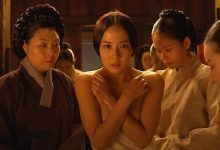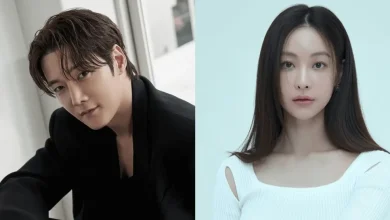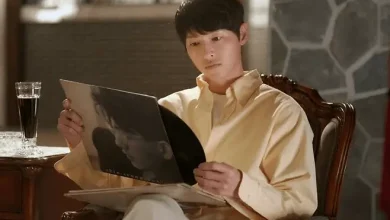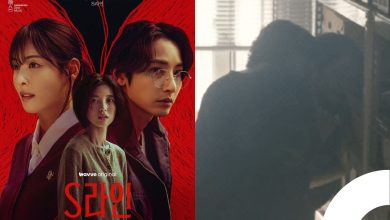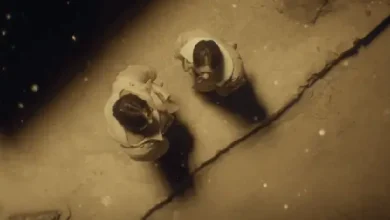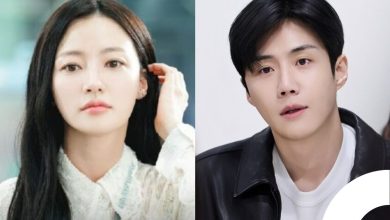Park Ji-hyun and Song Seung-heon’s full-body exposure in “The Hidden Face”, the twist starts with Cho Yeo-jeong
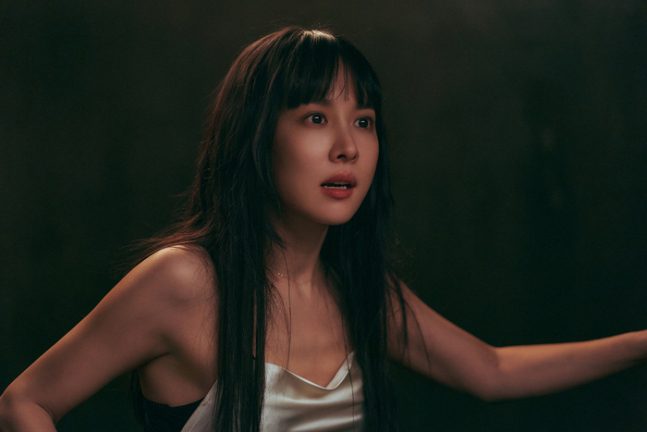
Twisting and overturning expectations, the film leaves viewers reeling. The explicit bed scenes are just fleeting moments in a much larger narrative.
In “The Hidden Face”, releasing on Nov 20th, Seong-jin (played by Song Seung-heon) is in search of his missing fiancée, Soo-yeon (played by Cho Yeo-jeong). However, Soo-yeon’s junior, Mi-joo (played by Park Ji-hyun), suddenly appears before him, and it turns into a unique thriller set in a confined space where Soo-yeon, presumed missing, watches their affair unfold from a hidden room.
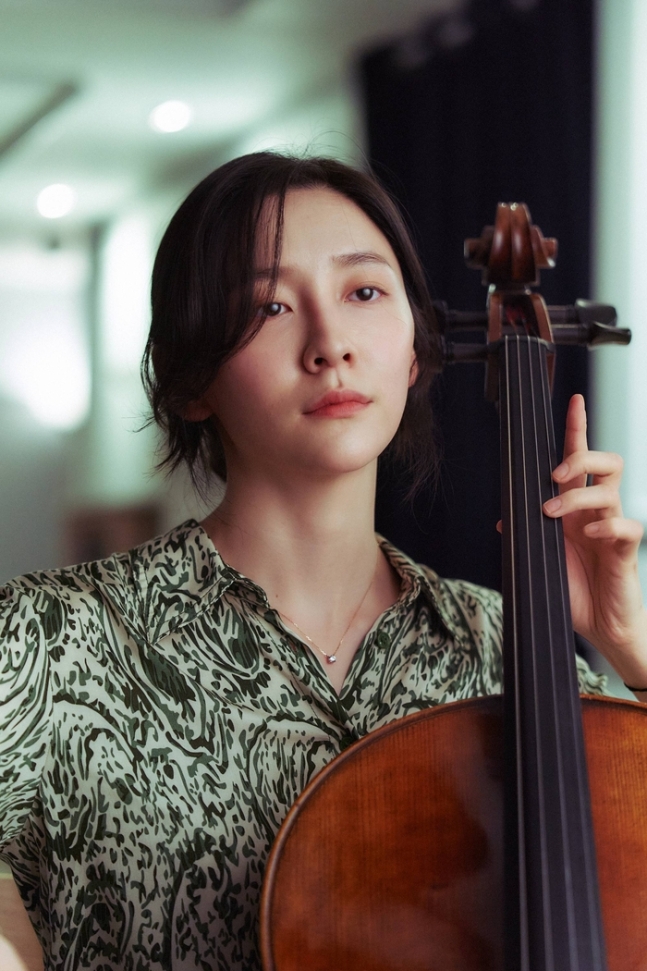
Viewers initially focus on the affair between Seong-jin and Mi-joo, unaware of the existence of the hidden room. Mi-joo, in a moment filled with guilt, tells Seong-jin “We shouldn’t be doing this in this room…“, yet turns to the mirror with a strange expression, as though someone is watching from behind it.
The film’s reverse chronological structure continually adds twists to the story. The real thrill begins here – it turns out they weren’t the only ones in the know. Soo-yeon had been silently observing their acts in despair from a hidden room, though her cries were inaudible outside.
The plot shifts unexpectedly, moving back to three months then seven months prior, revealing surprising connections between Soo-yeon and Mi-joo, and fully launching the story.
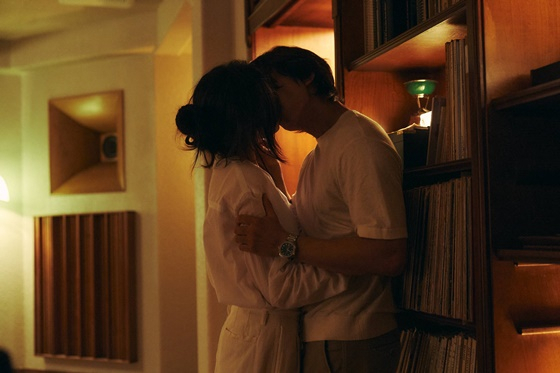
In this film, the “hidden room” symbolizes repressed human desires. Built as an air-raid shelter during Japanese occupation, the house conceals Soo-yeon’s hidden room, a space she used to fulfill her own sexual desires.
Hints that Soo-yeon will control both Seong-jin and Mi-joo are scattered throughout the film. Soo-yeon’s line “What the hell are you, slaves?” is a direct jab at the two. Seong-jin, who rose from a poor background to become a maestro, and Mi-joo, an orphan who lost her parents in a car accident, can never surpass Soo-yeon, the daughter of orchestra director Hye-yeon (played by Park Ji-young).
The once-victim Soo-yeon reveals herself to be the master, trapping the two in a psychological prison. As a Female Dominant figure, she subjugates them as mere tools, reinforcing her superior position through repeated use of symbolic terms like “slave” and “tool”. Unlike Seong-jin and Mi-joo, who are plagued by material and emotional lack, Soo-yeon is inherently different.
Soo-yeon drives her music teacher, who owns the hidden room house and taught both her and Mi-joo, to the edge. In the final scene, she wheels the teacher, now dependent on a wheelchair, to the edge of a pond. Purchasing the house was just the beginning—she sends a clear message that she could eliminate the teacher because the teacher knows her deepest secrets. Only then does she change direction when she becomes terrified. This moment is the most beautiful portrayal of Soo-yeon, who has lived a life free of lack, and symbolically demonstrates why this film is labeled a “thriller”.
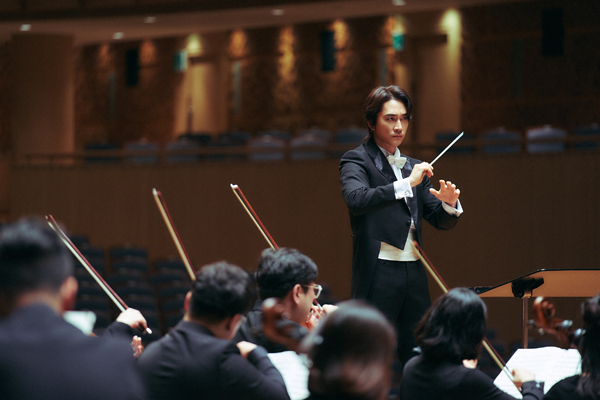
In this movie, Cho Yeo-jeong evolves once more into a multidimensional actress, portraying Soo-yeon with a face full of frustration and anxiety in the hidden room and with an unapologetically arrogant expression outside, crafting a six-sided character. Early viewers from pre-screenings praised her performance as “like she’s possessed“, and rightfully so. The beautiful gestures that Park Ji-hyun showed become more fatal the more you think about them. Song Seung-heon, though he has risen to the highest rank as a conductor, is the most suppressed of the three, brilliantly portraying a nuanced performance filled with cowardice, resentment and desire.
Director Kim Dae-woo’s crafted story is equally astonishing. His cleverness, first displayed in “The Servant” (2010) by switching the conventional partner dynamics of Mong-ryong & Chun-hyang and Bang-ja & Hyang-dan, shines once again here. The sensuality he depicted in “Obsessed” (2014) doesn’t just simmer in “The Hidden Face”—it blazes into a fierce inferno.
Source: Naver


